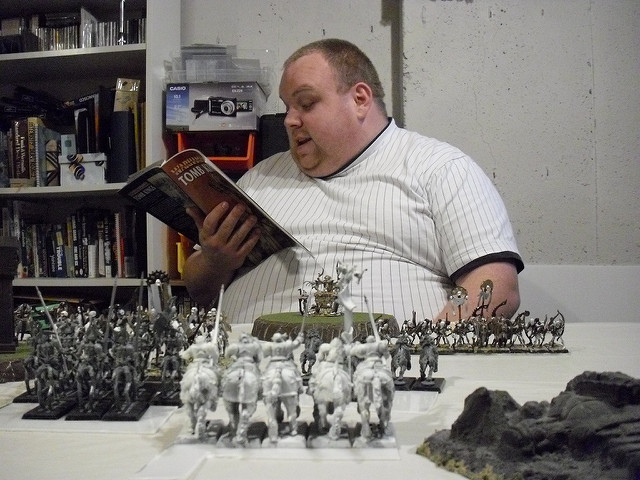If you have not heard by now, most people who trade commodities lose money. Most of the estimates range in the 80 to 95 percent range of those who have lost or who are losing in the world of trading commodities. Those statistics are dismal for someone who wants to venture into trading commodities. Fortunately, in my opinion, a large amount of this percentage stems from common mistakes that most of these traders make and if you study them you can become a better futures trader and reduce failure rate.
Here are four of the most common reasons why commodity traders lose money. If you can have the discipline to consistently overcome these common mistakes, I believe, you will put the odds much more in your favor.
Lack of Trading Education
Many new traders do not educate themselves on how to trade commodities properly. This goes beyond learning the ticker symbols, futures margins and contract sizes of a variety of commodities. You are competing against other traders who are well funded, have the best training in the business and have been trading professionally for many years. Believe me, they will not take it easy on you. You keep score with money in this business and everyone is trying to score as many points as possible – no charity here.
At the very least, I recommend reading several good all-around books on trading, starting with Trading By The Book by Joe Ross, Trade Your Way to Financial Freedom by Van Tharp and Come Into My Trading Room by Dr. Alexander Elder. Don’t just read the books – implement their trading philosophies. Having a trading mentor or learning from an experienced trader will also accelerate a trader’s education.
Over Leveraged
Almost every small trader who ventures into commodities falls into this trap. There is huge leverage when trading commodity futures and a couple bad trades can wipeout the over leveraged trader. Fortunately, there is a simple rule you can follow to take care of this problem…do not risk your whole account on one trade. Also, do not trade a contract that is too large for your account size. For example, you probably shouldn’t trade three futures contracts that average a $2,000 move a day when you have a $10,000 account.
Money Management
Do not risk more than 5 percent on any one trade. Most professional money managers risk less than 2 percent on any one trade. This is tougher if you start trading commodities with only a $10,000 account. In this case you should risk no more $500 on a trade. If you want to risk no more than $500 on a trade, you can place a stop loss order $500 away from you entry. It doesn’t guarantee you won’t lose more than $500, but it is as close as you can get, and a recommended technique for risk management.
Psychology of Trading
This cannot be taken lightly. Some traders feel they can simply place their trades when they get their signals and exit at their predetermined levels. That is great in theory, but many traders will fall victim to emotional influences that can derail their game plan. It is inevitable that the markets will throw you curve balls that you won’t and sometimes can’t expect. How you deal with the adversities may very well determine how successful you will be at trading.
There are many good books on trading that I recommend every trader read and study. The best way to deal with frustrating situations is to simply brush it off, put in in the past and move on to the next trade with a clear head.
Here is an example:
You put in a limit order to buy gold at 1210.00 and the market comes down and touches it to the tick, but you don’t get filled. The market quickly moves to 1212.00 in 15 minutes, which is close to your profit objective. You basically missed the trade, but it comes back down to 1210 and you get into the market. It keeps going down and you get stopped at 1208.00 for a loss. Instead of having a profit of $200, you now have a $200 loss – a $400 swing per contract! Will this affect your trading or will you just laugh it off?
It might be easy to move on if it only happens once in a while, but the markets are often not that friendly. These things will happen on a regular basis. It is fine if you are making money every day and have an occasional annoyance like this. Where most traders go off the rails is when they are having a drawdown and a few of these things happen in a short period of time. You have to be able to deal with the common frustrations, look at the big picture, remain calm and live to trade another day.
Commodity Trading Plan
I cannot stress enough how important it is to have a trading plan in place before you begin trading commodity futures. A trading plan is your guide to how you will control your trading. It should be in writing and reviewed regularly. The trading plan should include the markets you will trade, your trading strategy, money management and even a plan to stop trading for a period of time if your account equity drops to a certain level. Trading without a plan will lead to an erratic and undisciplined approach to trading, which will probably lead to painful losses.




